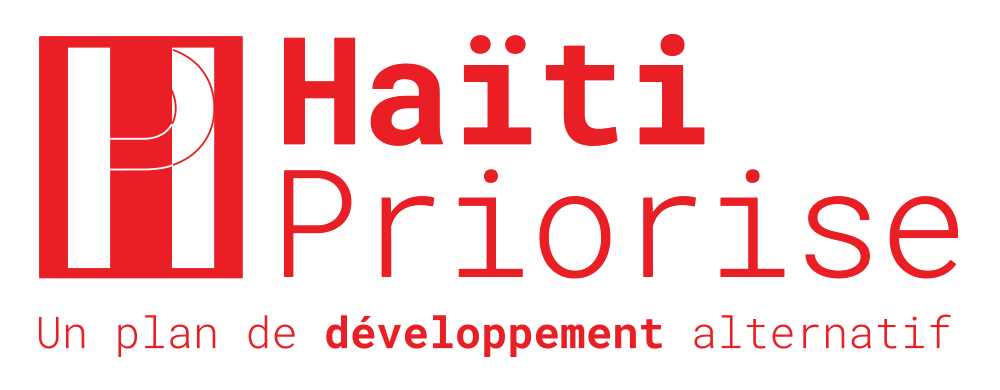Methodology
 Copenhagen Consensus Center's Haïti Priorise is a research and advocacy project that analyzes and promotes investments to establish how to achieve the most social, environmental and economic good for Haiti with every gourde spent.
Copenhagen Consensus Center's Haïti Priorise is a research and advocacy project that analyzes and promotes investments to establish how to achieve the most social, environmental and economic good for Haiti with every gourde spent.
This project involves hundreds of sector experts, many months of research, and engagement with decision makers on the most incisive development approaches for Haiti.
Sourcing ideas and solutions
Haïti Priorise uses the Copenhagen Consensus approach, refined over the past ten years to improve global and regional spending priorities.
From December to mid-March 2016, we will meet with nearly 150 individuals from, across Haiti, representing government and donors, academia, NGOs, think tanks, and sector experts.
From December to mid-March 2016, we will meet with nearly 150 individuals, creating a rare opportunity to extract an in-depth and nuanced overview of the challenges facing Haiti. These meetings result in hundreds of research ideas, from health, education and food security to clean water access, environmental preservation, climate change, and infrastructure.
Following this, we will hold a series of 20 roundtables where up to 30 sector experts take part in an open, robust debate about the best responses to the challenges in their field. The ideas from these discussions are added to the pool of research topics.
The 20 topics selected for the roundtables are informed by a review of the background study recommendations that formed the basis of the Haiti Strategic Plan for Development: Emerging Country by 2030 (May 2012).
This list of topics is reviewed by two Reference Groups. The first Reference Group will consist of influential high-level representatives from the international donor community while the second Reference Group will be comprised of key domestic stakeholders.
From these engagements across Haiti’s vibrant policy and civil sector environment, we create a long-list of hundreds of ideas for research. More than 700 representatives from government and donors, think tanks, NGOs, universities and other sector experts are invited to assess the best topics for cost-benefit research, allowing the project to narrow down the long list.
After additional inputs from the Reference Group, a final list is created that comprises approximately 50 short-listed interventions for research.
Conducting Economic Research
Haiti's and the world’s top economists are commissioned to undertake cost-benefit analysis on the shortlist of interventions. Assumptions are standardized to allow for comparison between different interventions.
Feedback and peer review are embedded into the research process, to capture a broad range of expert perspectives. Peer groups of economists share outlines and draft papers for feedback, and early findings are shared with sector experts and non-academics in roundtable discussions.
The feedback is incorporated into final cost-benefit papers and short reviews. Sector experts are also invited to comment.
All papers, and comments will be publicly available on our website.
Assessing the Smartest Interventions
An Eminent Panel of Nobel Laureates and leading Haitians will read all of the papers, and listen to presentations about them at an event in Port-au-Prince.
They will rank all of the interventions and establish what would do the most good for every gourde spent.
Click here for information in French.

